
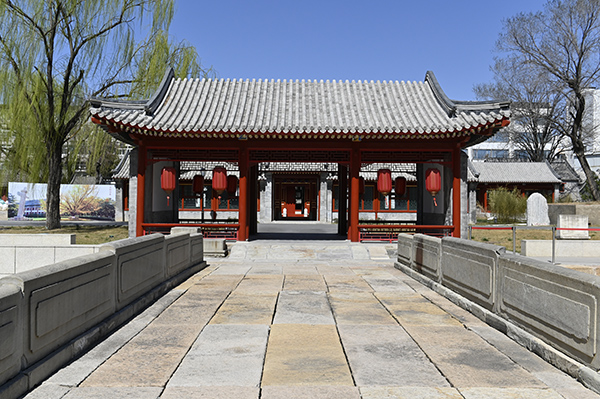
Preface
The National School of Development (NSD) at Peking University is a multidisciplinary college based on economics. Its predecessor, the China Centre for Economic Research (CCER) was established in 1994 and was renamed the National School of Development in 2008.
For thirty years, the school has upheld the philosophy of "national sentiment, high self-confidence, harmony with diversity, and seeking common ground while reserving differences." It has developed a strong faculty and has been attracting leading academic figures.
NSD is committed to achieving an all-round advancement in teaching, research and think tanks for thirty years. In terms of teaching, it has developed three major systems: political, business, and academia. Many outstanding students have grown into leaders in their respective fields. In research, NSD aligns with world-class academic frontiers and tells "China story" using international academic language, while innovating theoretical systems. As for the think tank aspect, it focuses on key, difficult, and hot issues in reform, conducts thorough research and has proposed a number of influential policy recommendations on major issues. NSD is one of the first national high-end think tanks, and has made significant public influence.
Over the past thirty years, with the concept of "small organization, big network", NSD has been engaging in open interactions with various sectors and has become an important platform for international exchange and cooperation.
Milestones
1994: China Center for Economic Research (CCER), the predecessor of NSD, was founded.
1995: The old building of Langrun Garden was rebuilt.
1996: Post-graduate and doctoral programs were set up; Double-degree undergraduate program in economics was set up.
1998: Beijing International MBA Program at Peking University was established with American Alliance for International Education (AAFIE).
2000: EMBA program was set up; Summer Camp for Excellent Students in Economics was launched.
2001: The China Economic Annual Conference was initiated; Wanzhong Building of the Langrun Garden was completed and put into use.
2002: Started the publication of "Economics" (Quarterly).
2003: Started to enroll double degree undergraduate students from other universities.
2007: BiMBA Business School reached an international MBA cooperation with Vlerick Business School in Belgium.
2008: China Center for Economic Research (CCER) was renamed to National School of Development (NSD); Professor Justin Yifu Lin was appointed Senior Vice President and Chief Economist of the World Bank.
2010: The China-US Track II Economic Dialogue was initiated.
2014: NSD Alumni Association, Alumni Fund and Alumni Fund Council were established.
2015: NSD was selected as China's first batch of pilot units for national leading think tank construction; The Institute of New Structural Economics was established.
2016: The Peking University Institute of South-South Cooperation and Development (ISSCAD) was established; NSD reached an international MBA cooperation with UCL School of Management.
2017: The first China-U.S. Track II Dialogue on Healthcare was held; The first cohort of undergraduate students majoring in Economics (National Development Track) enrolled.
2018: Professor Yi Gang was appointed Governor of the People's Bank of China.
2021: Awarded the title of "National Advanced Collective for Poverty Alleviation" by the Central Committee of the Communist Party of China and the State Council; NSD and ISSCAD moved into Chengze Garden Campus.
2023: The interdisciplinary "National Development Studies" doctoral degree program was approved by the Academic Degrees Committee of the State Council.
Current and Former Leaders
Dean
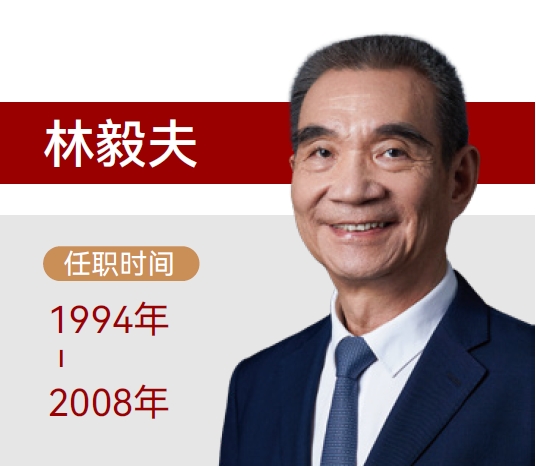
Justin Yifu Lin
Term of office: Year 1994 - 2008
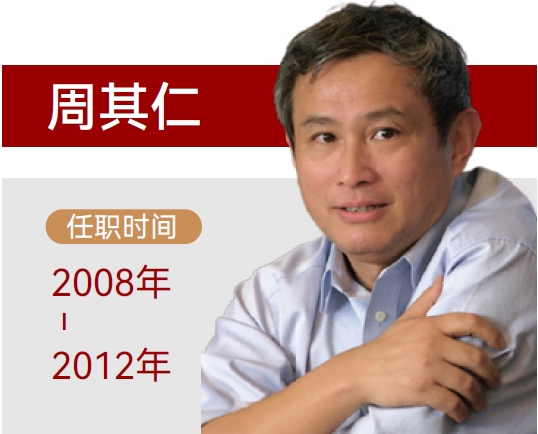
Zhou Qiren
Term of office: Year 2008 - 2012
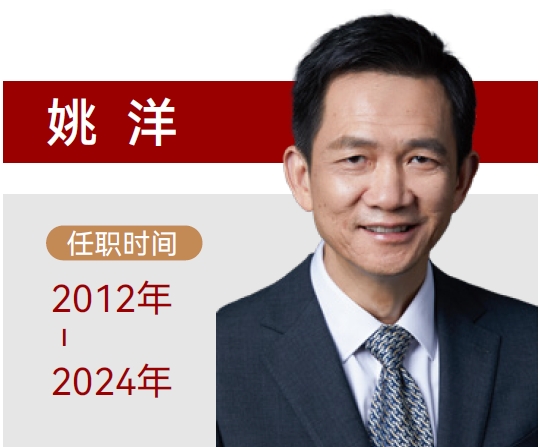
Yao Yang
Term of office: Year 2012 - 2024
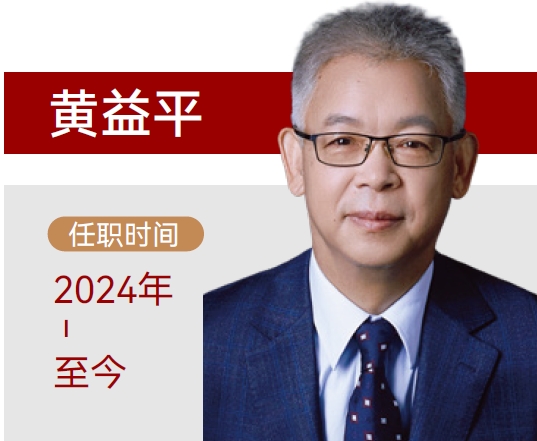
Huang Yiping
Term of office: Year 2024 - present
Party Secretary:
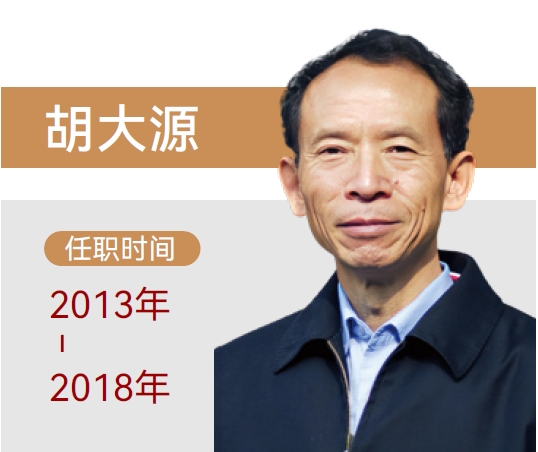
Hu Dayuan
Term of office: Year 2013 - 2018
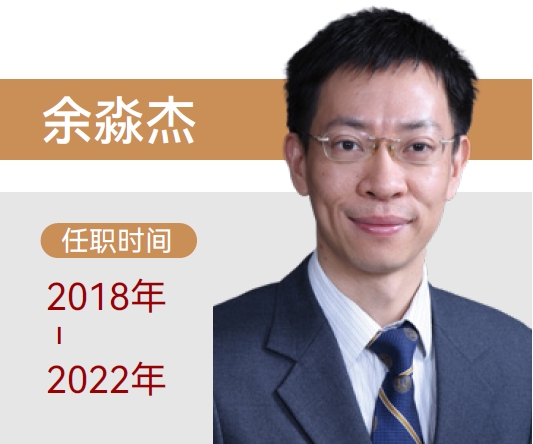
Yu Miaojie
Term of office: Year 2018 - 2022
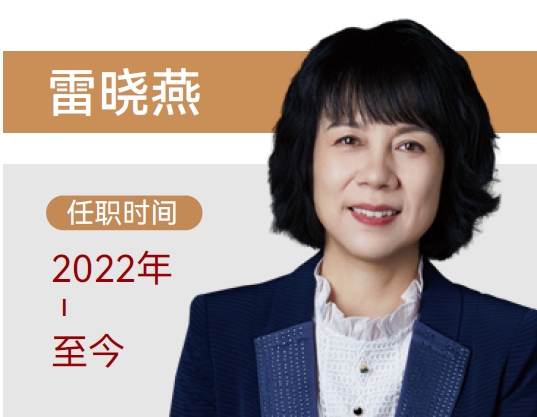
Lei Xiaoyan
Term of office: Year 2022 - present